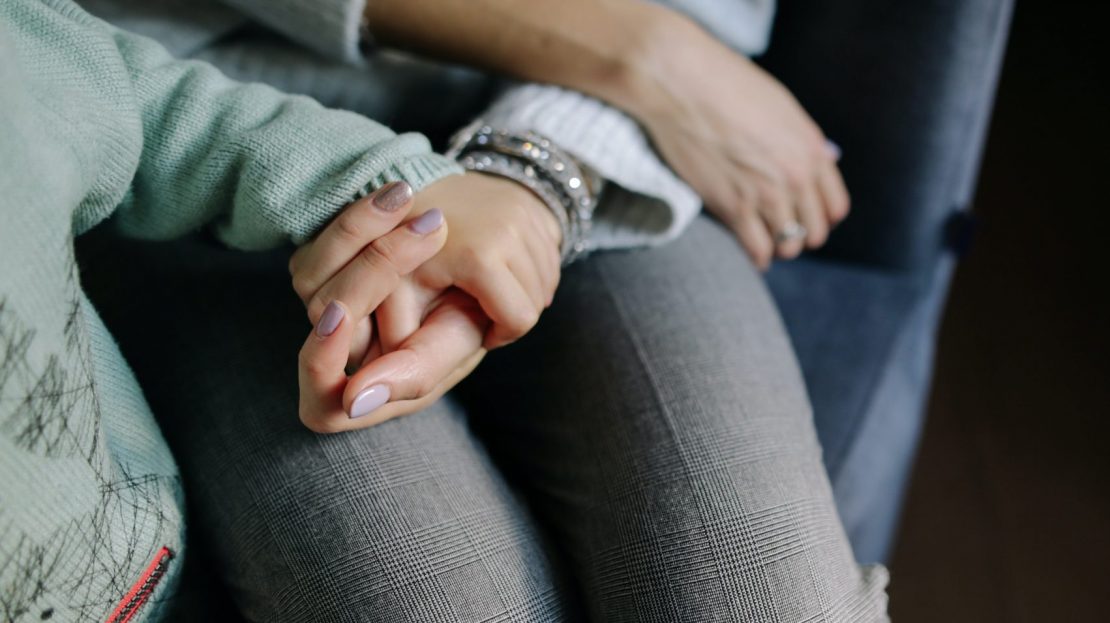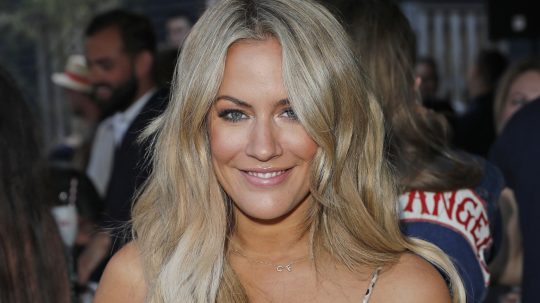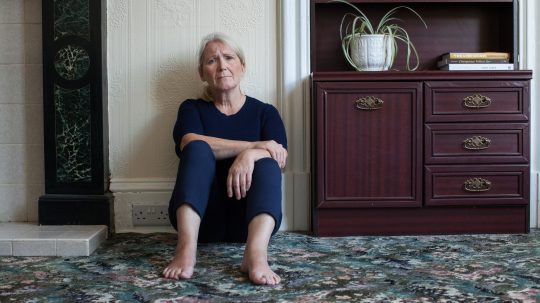TRIGGER WARNING: Please note that this piece includes language and themes of domestic abuse, including coercive behaviour that some may find triggering.
Women’s Aid is in discussions with Love Island producers over male contestants’ alleged ‘misogynistic and controlling behaviour.’ Ahead of the show’s final this evening, the domestic abuse charity contacted ITV producers after being tagged in concerned social media posts by viewers.
So many young people watch #LoveIsland, making it a show that will influence their understanding of what is acceptable in relationships. We are happy to be in conversation with @ITV about what we can do to address this. https://t.co/Rqtn9lzyfE
— Women's Aid (@womensaid) July 20, 2022
Teresa Parker, Women’s Aid’s head of media and communications, told Metro that ITV had shared information on their inclusion training with contestants.
However, she said “specific information on abusive relationships and an understanding of controlling behaviour in relationships” appeared to be missing from the training.
Everyone has a role to play in ending domestic abuse, including Love Island.
➡️"A programme based around the formation of romantic relationships must have guidelines on what behaviour is acceptable and unacceptable in those relationships." https://t.co/BUA9BI4Rap
— Women's Aid (@womensaid) July 18, 2022
It is not the first time Women’s Aid has spoken out against Love Island. The charity alleged behaviour involving “gaslighting, possessiveness and manipulation” during last year’s show and, in 2018, chief executive Katie Ghose called for viewers to take a stand against its depiction of “unhealthy behaviour in relationships.”
What is controlling behaviour?
The Crown Prosecution Service defines controlling behaviour as “a range of acts designed to make a person subordinate and/or dependent by isolating them from sources of support, exploiting their resources and capacities for personal gain, depriving them of the means needed for independence, resistance and escape and regulating their everyday behaviour.”
Controlling or coercive behaviour in intimate or family relationships became a criminal offence in England and Wales under the Serious Crime Act 2015. In Scotland, the Domestic Abuse (Scotland) Act 2018 defined domestic abuse as causing psychological or physical harm. Northern Ireland followed suit through the Domestic Abuse and Civil Proceedings Act (Northern Ireland) 2021.
Women’s Aid has highlighted certain behaviours to try and identify in someone who is being coercive, such as:
- Isolating you from friends and family
- Depriving you of basic needs, such as food
- Monitoring your time
- Monitoring you via online communication tools or spyware
- Taking control over aspects of your everyday life, such as where you can go, who you can see, what you can wear and when you can sleep
If you are experiencing domestic abuse, you can call the UK’s 24-hour National Domestic Abuse Helpline on 0808 2000 247.





